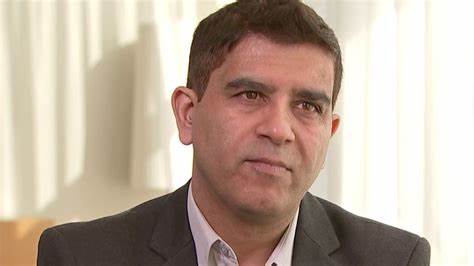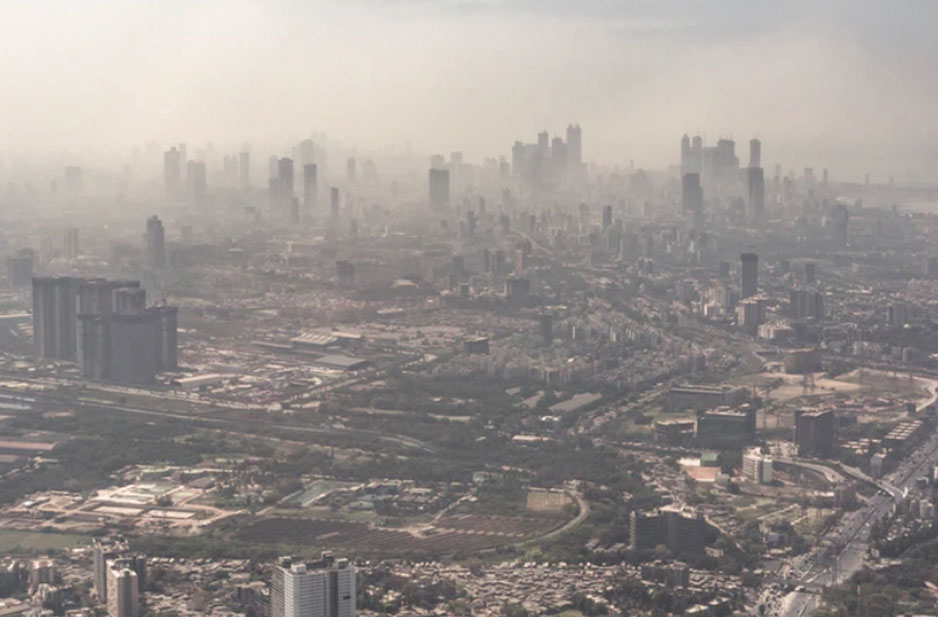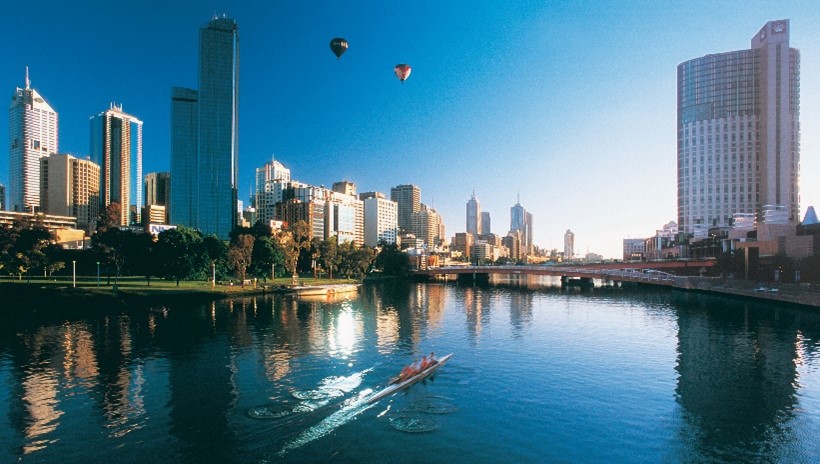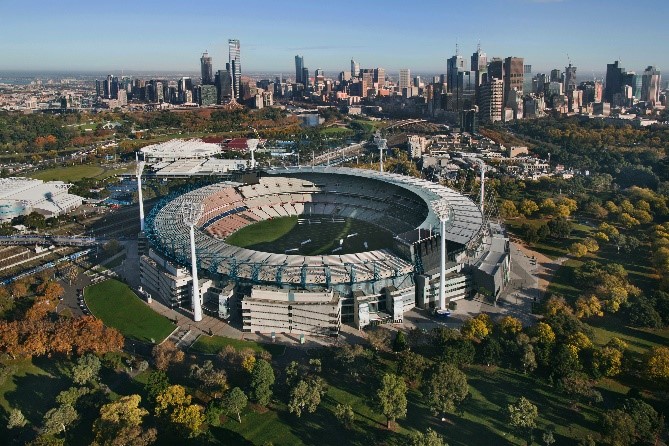The pollution season in India has returned as air quality in many rapidly deteriorates. And it comes as coronavirus maintains its presence, with worldwide studies linking air pollution to higher Covid-19 case numbers and deaths.
There have been no studies in India yet to examine the effect of air pollution on Covid-19 infection or recovery rates, but doctors and epidemiologists have long warned that toxic air will only hamper India's fight against the virus.
The country now has the world's second-highest caseload (7.5m and counting) and the third-highest death toll (more than 114,000) from the virus, although deaths per million of the population are relatively low. But experts say worsening air quality will likely increase these numbers.
Delhi, already one of the cities worst-hit by the pandemic, will probably bear the brunt because its residents have been exposed to hazardous levels of pollution for years.
The air is especially bad in winters, November to February, when several factors - farmers burning crop stubble to clear the fields, vehicular and industrial pollution, festive fireworks and low wind speed - contribute to what doctors say is a "deadly cocktail of poisonous gases".
A Harvard University study surveyed more than 3,000 counties across the US but the results are alarming for Delhi as well given its terrifying air pollution records - it has consistently ranked among the world's most polluted cities.
Dr Francesca Dominici, professor of biostatistics at Harvard and a lead scientist of the study, said: "The situation in Delhi can get really serious this winter.
"The study arrived at the conclusion even after taking many confounding factors such as population density and socioeconomic variables into account."
The researchers concluded that there was an urgent need to control air pollution in areas which are badly hit by Covid-19.
In Delhi, in India, the poor live in ghettos that are closer to sources of pollution such as industrial units, construction sites and busy motorways.
Delhi Chief Minister Arvind Kejriwal has also acknowledged that there was an urgent need to keep pollution levels in check, or else the capital will end up battling two health emergencies at the same time.
"That's a terrifying scenario," says Dr DJ Christopher, head of pulmonary medicine at the prestigious Christian Medical College in Tamil Nadu. Studies have shown that exposure to high levels of pollution worsens the condition of patients who have diabetes, hypertension, coronary disease and asthma. And it also weakens the immune system of healthy people.
Doctors for Clean Air - a public health initiative - have warned that deadly air during the pandemic is a "combination we must try to avoid".
A government report has predicted that Delhi is likely to report 15,000 cases per day in winter months, and pollution may increase the likelihood of more of these cases becoming severe.
The situation is "way more urgent now", Dr Christopher said. "Delhi must cut pollution to avoid a Covid disaster and overwhelming health care systems in winter."
"The government, particularly in Delhi, needs to take immediate steps to reduce air pollution.
“We are looking at a very dark winter otherwise."


















